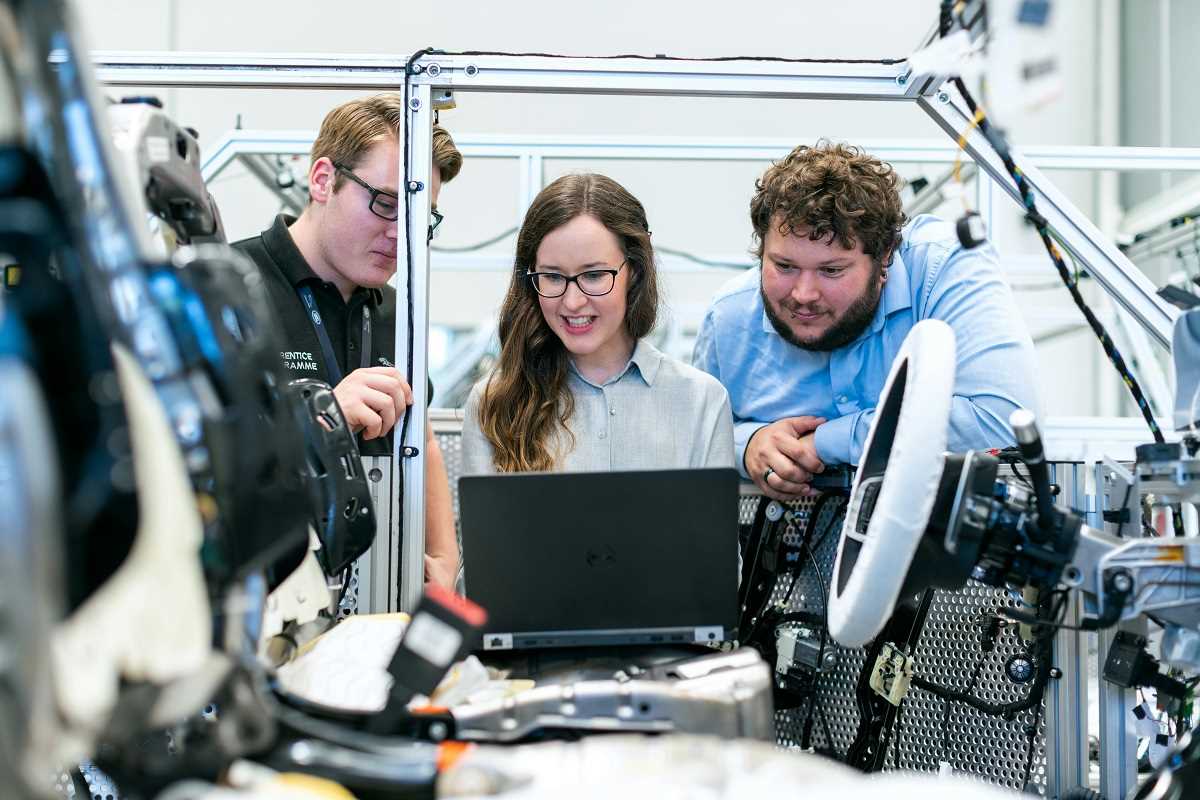Securing a co-op placement can significantly impact an engineering student's career path. This opportunity allows students to bring classroom theories to life through hands-on work on real-world projects. It also opens doors to building meaningful professional relationships and gaining critical experience in the industry. Whether you are just beginning your engineering studies or aiming to climb higher on your career ladder, a co-op placement can distinguish you in a competitive job market. By immersing yourself in the professional world early on, you not only enhance your resume but also gain a clearer understanding of the field you wish to excel in.
Understanding Co-Ops
Co-op placements give students the chance to work in their chosen field while still completing their academic studies. These programs aim to provide you with hands-on experience, allowing you to bridge the gap between theory and practice. Participating in co-op placements enhances your resume, making you more attractive to future employers by demonstrating your commitment and practical skills.
Understanding how co-ops operate is crucial. They typically alternate periods of academic study with periods of employment, allowing you to gain diverse experiences without delaying your graduation. This structure helps you build a robust skill set and provides insight into different industries and roles within engineering.
Researching Potential Employers
Identifying the right companies to apply to marks the first step in securing a desirable co-op placement. Focus on industries and organizations that align with your career goals and interests. Here are some key industries and top companies to consider:
- Automotive: Tesla, Ford, General Motors
- Aerospace: Boeing, Lockheed Martin, SpaceX
- Technology: Google, Apple, Microsoft
- Energy: ExxonMobil, Chevron, Siemens
- Civil Engineering: Bechtel, AECOM, Fluor Corporation
Research each company’s culture, recent projects, and co-op programs to tailor your applications effectively. Understanding what each employer values helps you highlight the most relevant aspects of your background in your applications.
Building a Strong Resume
A well-crafted resume serves as an essential tool for making a strong first impression. Here are the key components to include:
- Contact Information: Full name, phone number, email address, and LinkedIn profile.
- Objective Statement: A brief statement outlining your career goals and what you aim to achieve through the co-op placement.
- Education: Degrees earned or in progress, institutions attended, graduation dates, and relevant coursework.
- Experience: Previous internships, projects, or part-time jobs related to engineering.
- Skills: Technical skills, software proficiencies, languages, and other relevant abilities.
- Projects: Detailed descriptions of significant academic or personal projects that showcase your engineering capabilities.
- Certifications and Awards: Any additional qualifications or recognitions that set you apart.
- Extracurricular Activities: Participation in clubs, organizations, or volunteer work that demonstrates leadership and teamwork.
Ensure your resume remains clear, concise, and free of errors. Tailor it to each application by highlighting the experiences and skills most relevant to the specific co-op position.
Networking Effectively
Building a strong professional network opens doors to co-op opportunities that aren’t advertised publicly. Start by attending university career fairs, industry conferences, and local meetups related to engineering. Engage with professionals on platforms like LinkedIn by sharing your interests and achievements.
Reach out to alumni from your program who work in your desired field. Informational interviews provide valuable insights and may lead to referrals. Remember, networking focuses on building genuine relationships, so concentrate on how you can add value to your connections as well.
Preparing for Interviews
Once you secure an interview, preparation becomes key to making a positive impression. Research the company’s recent projects, values, and culture to tailor your responses accordingly. Practice common interview questions such as:
- Tell me about yourself.
- Why do you want to work for our company?
- Describe a challenging project you worked on and how you overcame obstacles.
- How do you prioritize tasks when managing multiple deadlines?
Prepare for technical questions or problem-solving scenarios relevant to your field. Demonstrating your technical expertise and ability to think critically under pressure sets you apart from other candidates.
Using University Resources
Your university offers a wealth of resources to help you secure a co-op placement. Utilize the career services center for resume reviews, mock interviews, and personalized career counseling. Take advantage of workshops and seminars focused on job search techniques and professional development.
Explore University makerspaces to work on projects that can showcase your skills and creativity. These collaborative environments often provide access to tools and mentors that help you develop innovative solutions, making your portfolio stand out to potential employers.
Enhancing Your Skill Set
Continuous learning remains essential in the ever-evolving field of engineering. Consider taking online courses or obtaining certifications in areas that complement your major, such as programming languages, CAD software, or project management. These additional skills make you more versatile and appealing to employers.
Participate in hackathons, engineering competitions, or open-source projects to apply your knowledge in practical settings. These experiences enhance your skills and demonstrate your initiative and passion for engineering, traits that employers highly value.
Seeking Mentorship
Having a mentor provides guidance, support, and valuable industry insights as you navigate your career path. Reach out to professors, industry professionals, or senior students who can offer advice and help you set realistic career goals. A mentor assists you in identifying opportunities and provides feedback on your progress.
Building a strong mentor-mentee relationship involves regular communication, openness to feedback, and a willingness to learn. Ask questions and seek advice on both technical and professional aspects of your career development.
Staying Organized and Persistent
The process of securing a co-op placement can be competitive and time-consuming. Stay organized by tracking application deadlines, required materials, and follow-up actions. Create a timeline to manage your tasks effectively and ensure you don't miss any important steps.
Persistence remains crucial. If you face rejections, use them as learning opportunities to improve your applications and interview techniques. Keep refining your approach, seeking feedback, and applying to multiple positions to increase your chances of success.
Engineering students can secure co-op placements by proactively utilizing resources, staying dedicated, and networking effectively. With determination, success in a competitive industry is attainable.
 (Image via
(Image via





